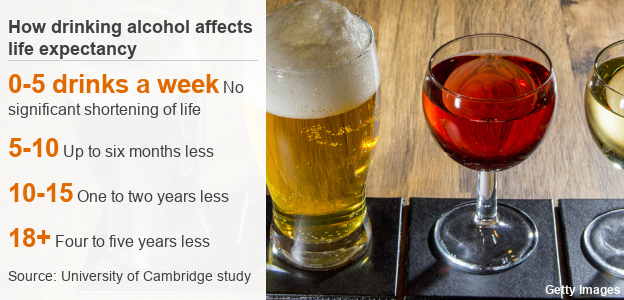Drinking 5-10 Alcoholic Drinks Weekly Shortens Life: A Study
The allure of a cold beer or a glass of fine wine can be tempting, but the consequences of overindulgence can be deadly. Excessive drinking not only increases the risk of cardiovascular disease but also substantially reduces life expectancy. The alarming reality is that consuming more than the recommended weekly limit can shave off precious years from one’s life.
As we explore the dangers of boozing beyond limits, a pressing question emerges: what drives individuals to prioritize short-term pleasure over long-term well-being, and what can be done to mitigate the devastating consequences of excessive drinking?
The Deadly Consequences of Excess
Drinking beyond the recommended limits can have devastating consequences, substantially increasing the risk of cardiovascular disease and ultimately shaving years off one’s life expectancy.
Excessive consumption can lead to a significant reduction in lifespan, with regularly drinking 10-15 units per week resulting in a 1-2 year reduction.
Consuming more than 18 units per week can lead to a 4-5 year reduction.
In addition, drinking increases the risk of cardiovascular illness, including stroke, fatal hypertensive disease, heart failure, and fatal aortic aneurysm.
The risks associated with excessive drinking are substantial, highlighting the importance of adhering to recommended guidelines to mitigate these deadly consequences.

Understanding Safe Drinking Limits
Establishing a clear understanding of safe drinking limits is essential, as it enables individuals to make informed decisions about their alcohol consumption and minimize the risk of adverse health consequences.
The 2016 UK guidelines recommend no more than 14 units of alcohol per week, equivalent to 6 pints of beer or 7 glasses of wine. These limits act as a ceiling, not a target, and exceeding them can lead to severe health risks, including cardiovascular disease and premature death.
It is essential to recognize that drinking above recommended limits can shorten life expectancy, with 10-15 drinks per week potentially reducing life by 1-2 years.
Understanding safe drinking limits empowers individuals to make informed choices and prioritize their health.
Rethinking the Risks of Booze
Beyond the recommended limits, the risks of excessive alcohol consumption become increasingly pronounced, with even moderate drinking habits contributing to a heightened risk of cardiovascular disease and premature mortality.
The notion that moderate drinking is beneficial to health is being reevaluated, as studies reveal a significant increase in the risk of cardiovascular illness, stroke, and heart failure with regular consumption above the recommended limits.
The UK’s drinking guidelines, set at 14 units per week, are being reaffirmed as a vital threshold, with drinking beyond this limit potentially taking years off one’s life.
It is essential to rethink the risks associated with booze, acknowledging the detrimental effects of excessive consumption on overall health and lifespan.
Conclusion
The premature mortality risks associated with excessive alcohol consumption are substantial.
Exceeding recommended drinking limits can lead to a significant reduction in life expectancy.
Adherence to guidelines is essential to minimize health risks.
The evidence underscores the importance of responsible drinking habits to prevent premature death.
Excessive alcohol consumption poses a significant threat to public health, necessitating awareness and education on the dangers of boozing beyond limits.
